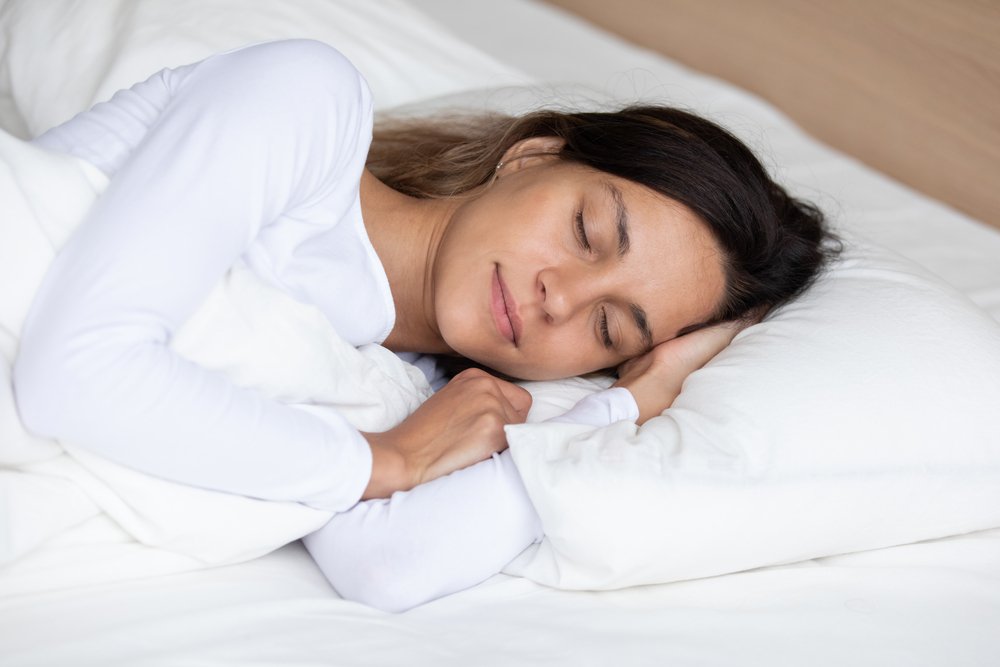How Much Sleep Do You Need?

I often field the question, “How much sleep do you need?” That can be a complicated question—one that takes some experimentation and self-study to work out. You can get too much sleep, with negative health consequences, so it’s important not to assume you’re set just because you log extra hours in bed. Here’s what you need to know to determine how much sleep you need.
Eight Hours?
Our society seems hardwired to think that we need eight hours of sleep. Dr. Christopher Winter, Medical Director of the Martha Jefferson Hospital Sleep Medicine Center, wrote a sleep article for Huffington Post about the misguided thinking behind this idea. According to winter, the idea probably came from a study “years ago” in which young adults self-reported that they got an average of 7.5 hours of sleep during the work week and 8.5 hours on the weekend.
But, says Winter, “you need as much sleep as you need.” A single definitive answer doesn’t work in this case, any more than you could ask “How many calories does a person need to eat?” and get a single number that works for everybody. Questions like these should take into account a range of factors—in the case of calories, height; weight; age; physical activity; metabolism; whether a person wants to gain, lose, or maintain weight… I could go on.
So How Much Sleep Do You Need?
Winter suggests looking at a range of factors to help you decide how much sleep you need—how long it takes you to fall asleep, whether you wake up during the night, whether you wake up before your alarm, and how you feel during the day. Pay attention to your body, and it will tell you what it needs.
Someone with a well-adjusted sleep schedule should be able to fall asleep within 15 or 20 minutes of getting into bed, and wake up with or just before the alarm in the morning feeling refreshed. If it takes you an hour to fall asleep you’re probably trying to sleep longer than your body needs; if you’re out the second your head touches the pillow you’re probably sleep deprived.
There is some thought that waking at least once during the night is not at all unusual. Last year, Dr. Charles Czeisler said in a webcast event for National Sleep Awareness Week,” a couple of hundred years ago,” people didn’t assume they’d go to bed and sleep for eight hours straight. Rather, a “dead sleep” from dusk ‘til the middle of the night was a way to shake off the exhaustion of physical labor, followed by a period of alertness in the middle of the night, and then a “sweet sleep” in the early morning hours before starting the day’s activities. Some people took a “siesta” in the middle of the day as well.
At the end of the day (literally), it’s up to you to determine what works best for your body. Pay attention to Winter’s cues, and you should be able to create a schedule that lets you fall asleep peacefully and awaken refreshed.
Author Bio: +Michelle Gordon is a sleep expert who researches and writes about sleep and health, and is an online publisher for the latex mattress specialist Latexmattress.org.


